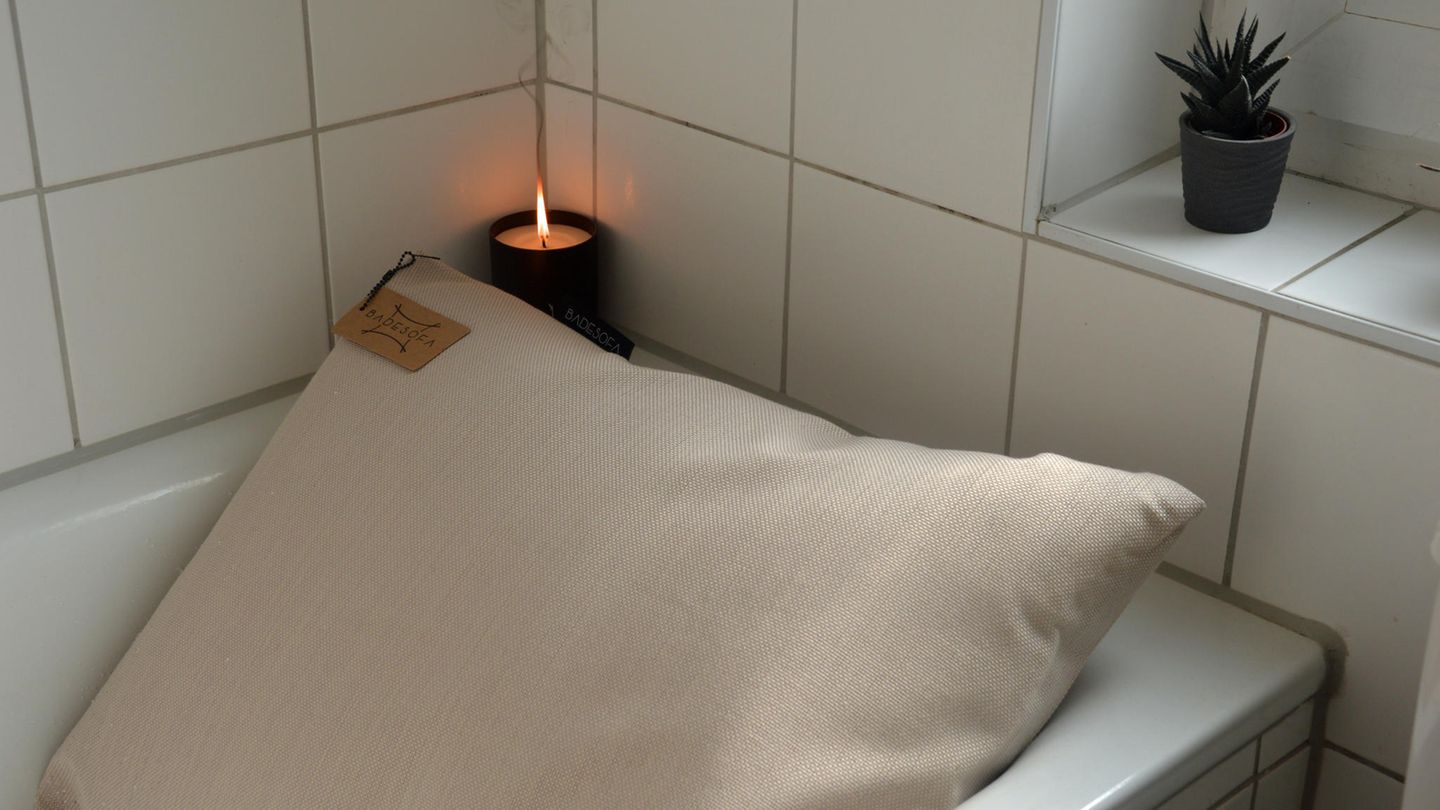With his resignation, Pope Benedict XVI wrote Story. He was a brilliant theologian, but rarely close to the people. During his pontificate he could not overcome the deep crisis of the Catholic Church.
Pope Emeritus Benedict XVI. is dead. “It is with great pain that I have to announce that Benedict XVI, Pope Emeritus, passed away today at 9:34 a.m. in the Mater Ecclesiae Monastery in the Vatican,” said the spokesman for the Holy See, Matteo Bruni. The state of health of the Bavarian, who was 95 years old, had recently deteriorated.
Joseph Ratzinger was elected Pope on April 19, 2005, succeeding John Paul II. Almost eight years later, in a spectacular move, he became the first pope to resign voluntarily in more than 700 years. He was succeeded by Argentine Jorge Bergoglio as Pope Francis. Since then, Benedict has lived in seclusion in the Mater Ecclesiae monastery in the Vatican Gardens.
conservative course
Benedict was the first German pope in about 480 years. During his pontificate he continued the conservative course of his predecessor. He resisted modernizing the church, which brought him a lot of criticism. His tenure was overshadowed above all by the abuse scandal, which plunged the Catholic Church into a deep crisis.
In 2022, his own handling of cases of abuse during his time as Archbishop of Munich and Freising also hit the headlines. An abuse report commissioned by the Archdiocese of Munich accused him of misconduct in four cases. Benedict was Archbishop of Munich and Freising from 1977 to 1982.
Shortly after the publication of the report, Benedikt had to correct a statement about his private secretary Georg Gänswein: Contrary to an initial account, he had taken part in an important meeting in 1980 in which a priest had been spoken about who had been accused of sexual abuse in the diocese of Essen several times had become noticeable to children. The case was explosive because the priest was reinstated as a pastor in Bavaria. A little later, Benedict apologized to all victims of sexual abuse in a public letter.
Previously, the retired pope had become quiet. Although he was mentally fit into old age, as his private secretary Gänswein repeatedly emphasized, he was physically declining. His older brother Georg Ratzinger died before him on July 1, 2020 at the age of 96 in Regensburg. Benedict had visited the former church musician at the bedside shortly before. His brother and his older sister Maria, who died in 1991, were closest to him throughout his life.
Benedict shaped the Catholic Church long before his pontificate. As Prefect of the Congregation for the Doctrine of the Faith in Rome, Cardinal Ratzinger, born on April 16, 1927 in Marktl am Inn in Upper Bavaria, had already written church history for more than 20 years. Numerous believers, especially in Europe, rejected his strict stance on issues such as birth control, abortion and celibacy. In other parts of the Catholic world church, for example in countries in Africa and Latin America, the conservative line found support.
According to Ratzinger himself, he did not want the papal office, but he accepted it because he suspected God’s will behind it. The initial enthusiasm of the Germans (“We are Pope”), such as at World Youth Day 2005, soon gave way to disillusionment.
Again and again Benedict caused irritation. In 2006, during a speech at the University of Regensburg, he unleashed a wave of outrage in the Muslim world with a medieval quote about Islam’s relationship to violence. The Vatican defended him by saying that the quote that had been extracted had been taken completely out of context. He also aroused incomprehension with his decision to reverse the excommunication of all four bishops of the right-wing Society of St. Pius – including the Holocaust denier Richard Williamson.
In 2010, around the fifth anniversary of his election as Pope, the abuse of countless children by Catholic clergymen came to light – and how it had been covered up for decades. With the demand for “zero tolerance” against “sin in the church” and the request for forgiveness, Benedict positioned himself clearly in this crisis. He clearly campaigned for enlightenment, reappraisal and atonement and met victims of abuse several times.
Benedict published three encyclicals – on Christian love, Christian hope and the “holistic development of man in love and in truth”. He was the first pope to enter a synagogue in Germany and spoke at the former German death camp at Auschwitz and at the Yad Vashem Holocaust memorial in Jerusalem. The Nazi ideology had already been strictly rejected in his Bavarian family.
Resigned at the end of February 2013
In retrospect, he himself admitted that sometimes he wasn’t close enough to people. In the end, he no longer felt up to the burden of the office. He justified his resignation at the end of February 2013 with his advanced age and ailing health – he said he lacked the strength for the demanding office. The emeritus promised to remain “hidden from the world”. However, with writings on sensitive topics such as celibacy or abuse, he repeatedly fueled speculation that he did not agree with the course of his successor Francis, at least in part.
Benedikt has not made any public appearances recently. He celebrated his 90th birthday again in 2017 with a delegation from his native Bavaria. After that, he was only able to receive occasional visits to the Mater Ecclesiae monastery. In the last few years he has, in his own words, been on a pilgrimage “home”.
Source: Stern
David William is a talented author who has made a name for himself in the world of writing. He is a professional author who writes on a wide range of topics, from general interest to opinion news. David is currently working as a writer at 24 hours worlds where he brings his unique perspective and in-depth research to his articles, making them both informative and engaging.




